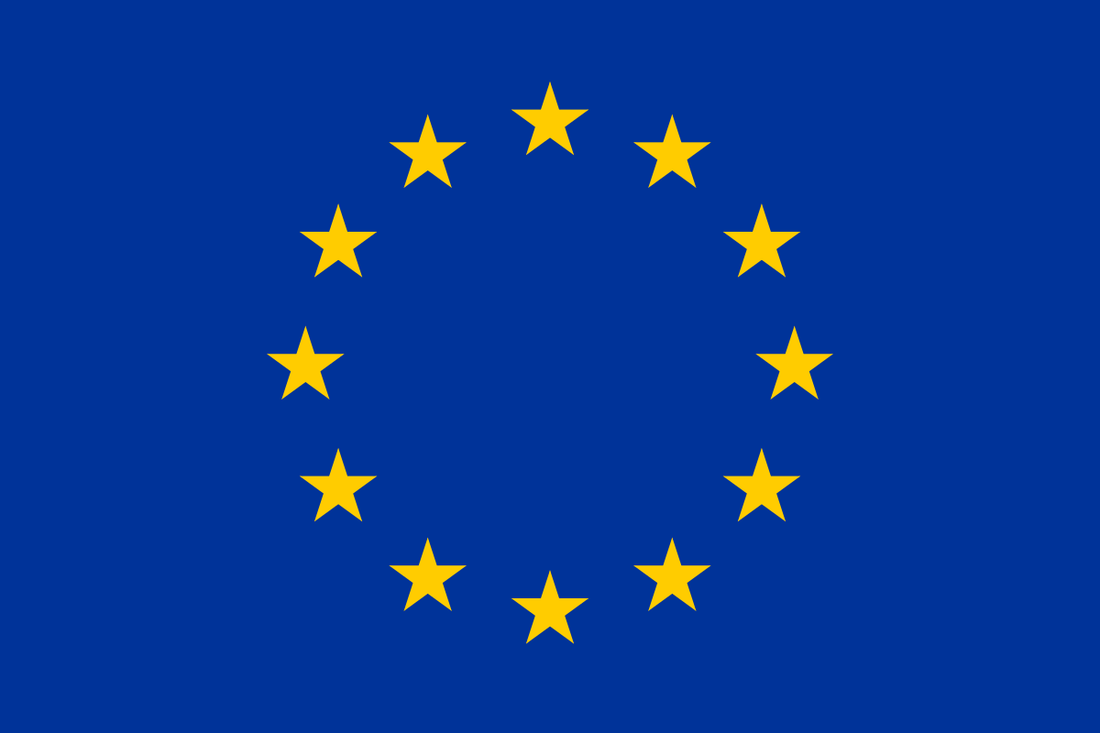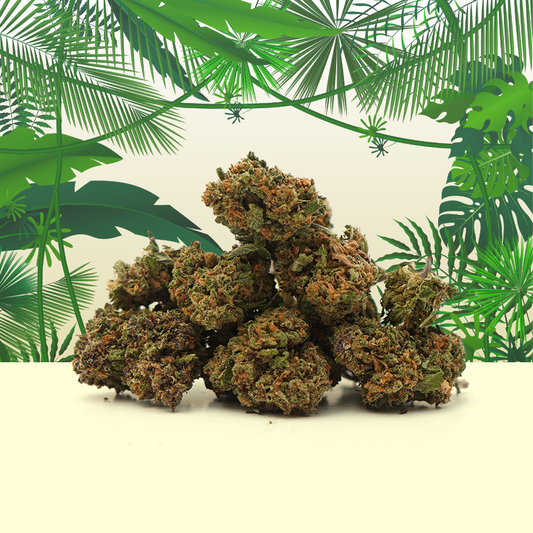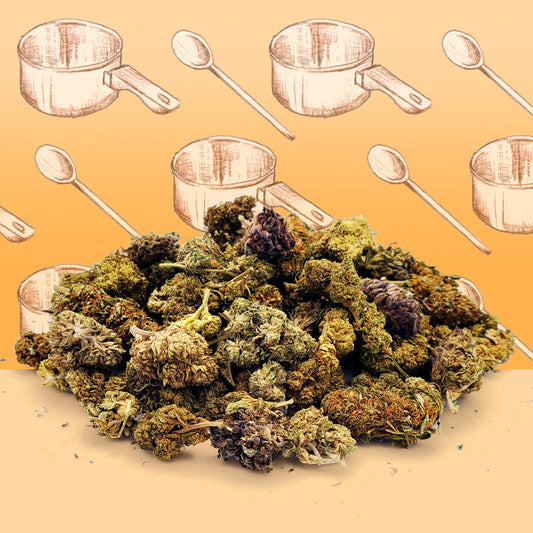I) The legal status of CBD hemp in European law
Under European Union law, the free movement of goods is a fundamental principle. Consequently, insofar as the cultivation of CBD hemp is permitted under specific provisions, it must be able to circulate freely within the European Union.
That's right, Article 32§6 of European Regulation n°1307/2013 of December 17, 2013, imposes a condition on the cultivation of hemp:
"Areas used for hemp production are eligible hectares only if the varieties grown have a tetrahydrocannabinol content not exceeding 0.2%.".
In fact, at European level, the only criterion for authorizing the marketing of products containing CBD hemp is the THC content, which must be less than 0.2%.
The European Union's regulations governing the trade in CBD hemp appear to be consistent insofar as the absence of health risks associated with low levels of THC is now widely accepted by the scientific community.
II) The legal status of CBD under European law
Like delta-9-tetrahydrovcannabinol (THC), cannabidiol (CBD) is one of the molecules making up cannabis.
It should be noted that the absence of health risks associated with low levels of THC is now widely accepted by the scientific community.
The CBD molecule, unlike THC, is not classified as a narcotic substance. In the absence of legislation to the contrary, it is therefore authorized under French law.
The World Health Organization's Expert Committee on Drug Dependence even states, in a 2015 report, that "some studies have shown that CBD can reduce or counteract some of the effects of THC".
Recently, the French National Agency for the Safety of Medicines and Health Products (ANSM), in a 2017 report, concluded that there was insufficient data to classify CBD as harmful and did not consider it a medicine by function.
Even more recently, the WHO sent a report to the Secretary General of the United Nations calling for CBD to be removed from the list of narcotics.
MamaKana




![Banana Cream CBG 🍌 [Greenhouse]](http://mamakana.com/cdn/shop/files/banana.jpg?v=1683038126&width=533)
![Bubba Kush CBD 🫧 [Greenhouse]](http://mamakana.com/cdn/shop/files/Bubba_fond_4b55b9bd-2083-406f-8843-1229994bb3ec.png?v=1738679473&width=533)




